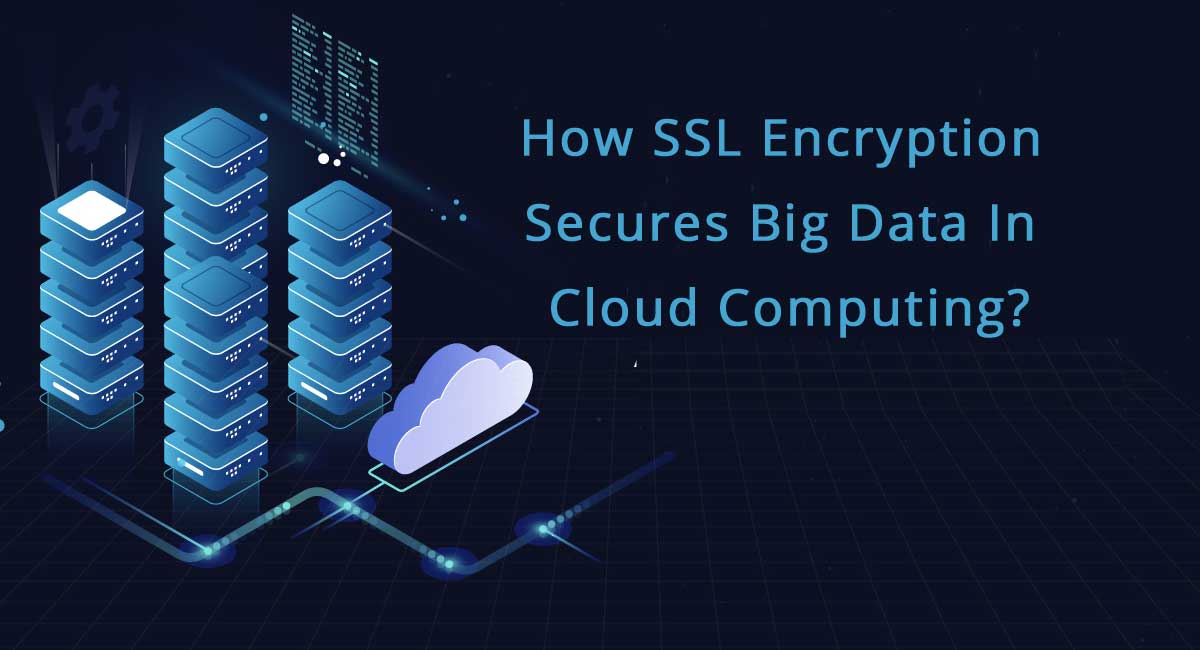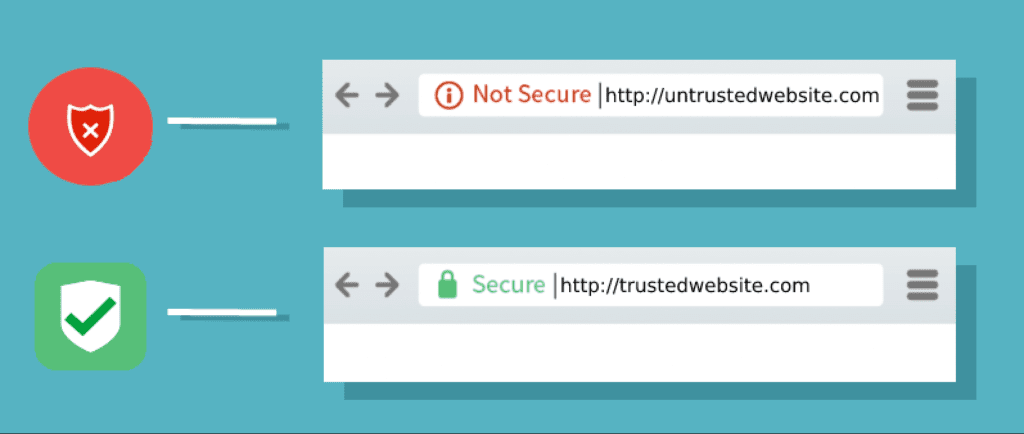
It is so convenient to store data in the cloud, most people do the same. It is accessible. It is easier. And there are a lot of benefits cloud computing offers. It stores information on the cloud rather than the local servers, making it cost-effective.
With that, the use of Big Data is getting popular each day. The data sets are huge and complex in volume, speed, and variations. All these links give adequate performance, all-time accessibility of resources, swift implementation, and cost-efficiency.
The whooping utilization of the tech also increases the risk and doubts about data security. With the growing prevalence of cloud computing and its remarkable ability to improve your activities' reach and efficiency, it is a big win.
In 2023, a study forecasted that cybercriminals will continue to aim at the cloud to gain access to sensitive information. This could include customer data, financial records, and proprietary business intelligence.
Although it has data safety doubts to put your big data in a public place, SSL encryption is required for big data security in cloud computing.
What is the SSL Encryption?
SSL (Secure Sockets Layer) encryption is a technology used to protect the data transmission between a user's web browser and a website's server. In cloud computing servers, it does the same. It is particularly applied to protect data communications within cloud-based infrastructure.
When a user finds ‘https://’ https://'in the initial of the URL and a padlock icon in the address bar, they are relieved as that indicates that the connection is safe. SSL encryption in cloud computing is for holding the privacy, integrity, and authenticity of data within cloud-based environments.

SSL encryption is fundamental for protecting sensitive data like passwords, credit card information, credentials of users, personal data, etc. It's widely used in numerous applications, including online banking, e-commerce, email services, etc.
Various types of SSL certificates
There are numerous levels of validation, ranging from bare minimum validation to thorough background investigations. An SSL certificate in any of these validations offers the same level of encryption. There are various types of SSL certificates.
- Single-domain SSL certificates help protect single-domain
- Wildcard SSL certificates are for a single domain and all its subdomains.
- Multi-domain SSL certificates protect the multiple domains of an organization.
Security Risks Against Cloud Computing
Let's look at some of the security risks of cloud computing.

Data Loss
Data loss can result from accidental deletion, corruption, or a catastrophic event. While cloud providers implement backup and redundancy measures, it's still possible for data to be permanently lost if not properly managed.
Data Breaches
Data breaches are nothing new nowadays, especially when it's about sensitive data where unauthorized parties access it. In a cloud system, fragile access controls, unsuitable configurations, or vulnerabilities in the cloud user's infrastructure may lead to it.
Inadequate Access Permissions
Inadequate access to the website leads to unauthorized users getting access to personal and sensitive data. That happens due to no proper configuration, and therefore credentials are leaked.
Insecure Interfaces and GUIs
Cloud services often have website-based interfaces that allow users to oversee their resources. It is possible that those resources could be exploited.
Shared Technology Vulnerabilities
In a multi-tenant cloud system, various users share a common infrastructure. If there are vulnerabilities in the tech, one tenant's actions could affect others.
Insecure APIs
APIs are used to link numerous services within a cloud environment. When these APIs are not accurately protected, they can become vulnerable points for assailants to exploit.
How SSL Encryption Secures Big Data in Cloud Computing
SSL encryption is crucial in securing big data in cloud computing infrastructure. Here's how SSL environments served in this context:

Secure Data Transmission
SSL certificates ensure that data transmitted between a user's device and the cloud server is encrypted. This encryption makes it hard for unauthorized users to intervene and decipher the data transmission.
Protection Against Eavesdropping
Without encryption, data sent over various networks can be obstructed by spiteful actors through approaches like packet sniffing. SSL regulates this by encrypting the information, rendering it useless to anyone who intercepts it without the proper decryption code.
Secure Data Processing
Various elements or services may process data. SSL ensures that data stays encrypted throughout this procedure, from the starting request to the output.
Safeguarding Sensitive Data
Big data often comprises sensitive and precious data. By utilizing SSL, organizations can make sure that this information is protected from unauthorized access, safeguarding it from potential threats.
Securing User Authentication
In big data apps, audiences often need to log in and follow a particular authentication process to access the info and examine it. This forbids attacks from stealing or tampering with these credentials.
Handling Data Integrity
Besides, SSL also ensures its integrity. This shows that if any irrelevant modification happens during communication, the data becomes invalid, modifying both the sender and receiver that affecting has taken place.
Compliance with Data Protection Protocols
SSL encryption permits the business to oversee the procedure of managing and transmitting sensitive data strictly. SSL encryption assists firms in complying with these regulations, decreasing the risk of legal consequences.
Mitigating Cloud Service Risks
While cloud service providers execute their security traits, SSL offers an extra layer of security. It ensures that the data remains secure even if there are vulnerabilities or risks within the cloud infrastructure.
So, this is why SSL encryption is a crucial component in the overall security strategy for big data in cloud computing. It shields data at every step, from communication and processing to storage, assisting firms in maintaining the confidentiality and integrity of their sensitive information.
Wrapping Up
This is all about SSL encryption in securing big data in cloud computing. It is one the most essential parts of an organization's security approaches for security business and user information. As the security standards improve each time, you must upgrade for SSL encryption as well.



